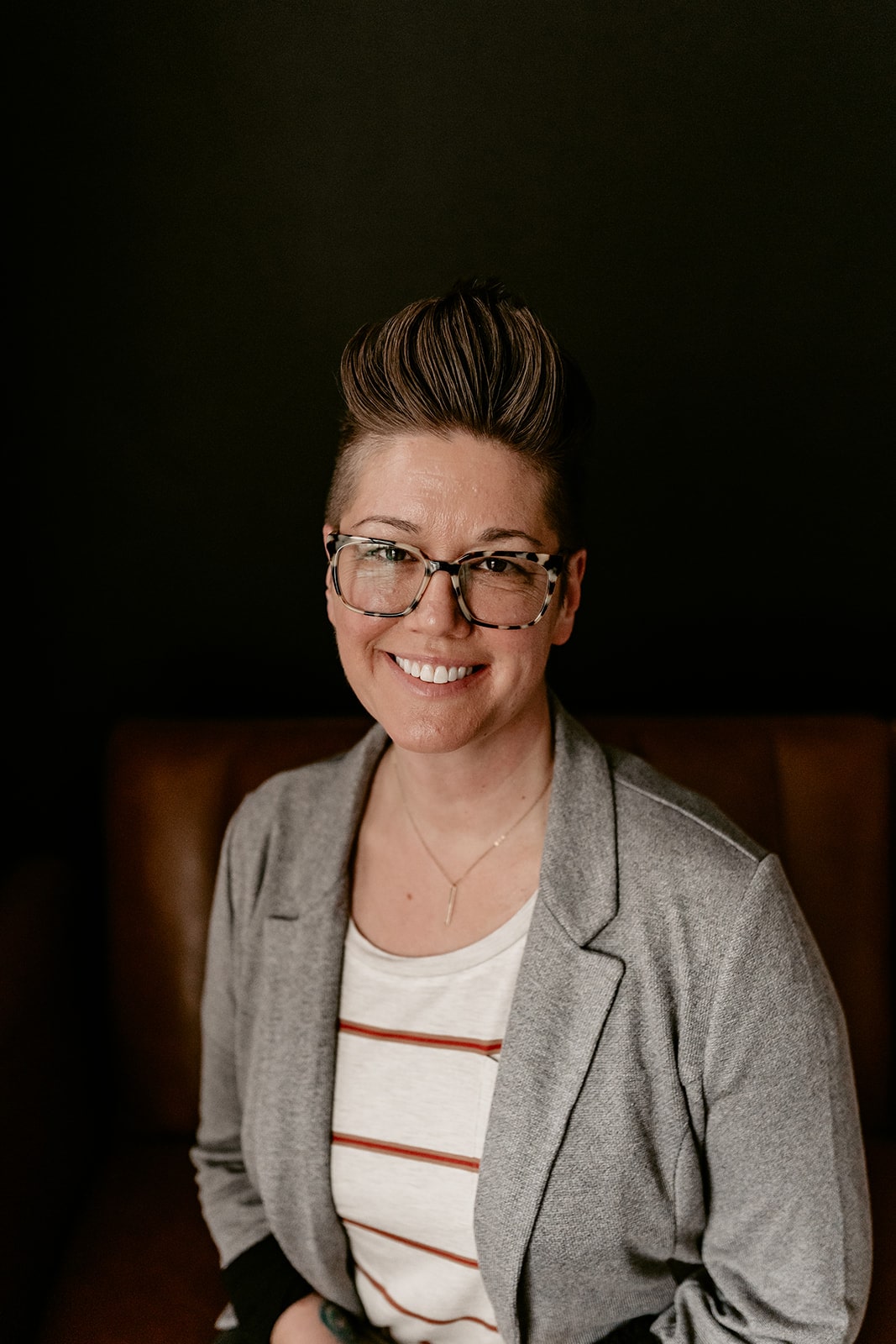‘I’m a psychologist – here are 5 tips to help kids stand up for themselves’
Confident and assertive children are secure in their identity and able to solve problems


In the beginning, all parents want is to make sure the basics – like love, guidance and protection – are covered for their kids, but as they get older, other life skills are also needed for them to grow and thrive.
Standing up for themselves sits in that camp. Arming them with the ability to express their thoughts and feelings is not only one way to make sure your kid is successful, it’s a super power that will serve them well throughout all child development stages.
What are the benefits of teaching kids to stand up for themselves?
Teaching kids to stand up for themselves offers a number of benefits, including building their confidence, resilience and assertiveness. It also equips them to navigate challenges, maintain healthy relationships and advocate for their needs.
“Kids who are confident are comfortable with who they are – they’re not trying to pretend to be anyone else and tend to be more open-minded and supportive to those who are different from them,” explains Melanie McNally, clinical psychologist, brain coach and author of The Emotionally Intelligent Teen: Skills to Help You Deal with What You Feel, Build Stronger Relationships, and Boost Self-Confidence (New Harbinger Publications, £16.99, Amazon).
Teaching children to speak up for themselves also benefits their peers. Melanie tells GoodtoKnow: "Confident kids also tend to be more inclusive, have compassion for others and are more likely to intervene when they see others being mistreated."
Are there any downsides if your child doesn’t feel confident?
Confidence and good self-esteem go hand-in-hand when it comes to being assertive, so if your child gets used to being treated in a certain way, they might start thinking they deserve it. They may even let other people say hurtful things to or about them without batting an eyelid, which can have some pretty sinister consequences when they grow up.
Melanie explains: “If your child continues on this path, they might find themselves in jobs or long-term relationships where others are verbally, emotionally or physically abusive. They also might end up bottling up their feelings or feeling ashamed for not speaking up, which can lead to physical health issues, anxiety, depression or even self harming kinds of behaviours.”
Parenting advice, hot topics, best buys and family finance tips delivered straight to your inbox.
Now, don’t get us wrong, standing up for oneself doesn’t mean bulldozing through life and commanding authority in every situation they disagree with. It’s about striking a balance between asserting their needs and understanding others. Here are five ways to teach children to stand up for themselves in a healthy way.
5 tips to teach children to stand up for themselves in a healthy way
1. Teach kids how to label their feelings
When we help our kids expand their emotional vocabulary and show them how to acknowledge how they’re feeling, they’re on the path to becoming more self-aware. “Kids need to learn how to become aware before they can begin speaking up,” says Melanie. “It’s a foundational part of being assertive since we need to know if we're okay with something happening around us or not.”
2. Model "I feel" statements at home and make them part of the family communication
When parents use “I feel” statements, they’re passing on a valuable skill to their kids, which is a great approach for your child to grasp how to express their needs. Melanie gives this example: “A parent might say to their child, ‘I feel frustrated because I've asked you three times to clean up your dirty dishes. I would like it if you would stop what you’re doing when I call your name so you can listen better.’”
3. Use films, TV shows and stories from books to demonstrate assertiveness
When you’re watching something or reading a book with your kid, it can be helpful to pause whenever there’s an opportunity for a character to be assertive. “Ask your child what they think the character might be feeling and how they think the character should handle the situation,” Melanie suggests. “Press play or continue reading to see what actually happens in the story, and then pause to discuss what your child might have done differently and why.”

Father And Young Son Reading Book Together At Home
4. Allow your child to set boundaries at home
Many of us don’t learn how to set boundaries until we’re adults, so why not give kids a head start by teaching them that they have the right to say ‘no’ to hugs or other forms of touching from other people. “We want them to learn that they have a right to say when they feel uncomfortable and unsafe, and not only do they have the right, that their requests will be respected,” says Melanie. When your child gains the confidence to set boundaries at home, they'll begin to learn that they can do the same elsewhere, and will feel confident in speaking up for themselves.
5. Model assertiveness in the real world
At the end of the day, children learn best from their parents’ role modelling, so when you’re out in public, demonstrate ways to respectfully decline touching or someone else's intrusive questioning.
“By modelling assertiveness and discussing it as a normal part of the day everyone must navigate, your child won't feel so scared or overwhelmed when they need to do it themselves,” assures Melanie. Remember, teaching assertiveness is an ongoing process and it won’t happen overnight. Be patient and supportive, allowing your child to develop these skills at their own pace.
In other family news, a parenting researcher reveals how to talk to your kids about achievements in a healthy, non-toxic way and here’s exactly how to respond when your kid says ‘I hate you’.

Dr Melanie McNally is a seasoned clinical psychologist who has dedicated the breadth of her career to the empowerment and wellbeing of teens and young adults. With over two decades in the field, Dr Melanie has established herself as a trailblazer in adolescent psychology, consistently pushing the boundaries to understand the unique challenges and needs of today’s youth.
Her groundbreaking research and therapeutic methodologies have garnered acclaim within professional circles, and she is frequently sought after as a speaker at conferences and educational seminars. Known for her innovative solutions, patient-centric approaches, and compassionate guidance, Dr Melanie remains a beacon of hope and a leading voice in adolescent emotional and mental health.

From building healthy family relationships to self-care tips for mums and parenting trends - Daniella also covers postnatal workouts and exercises for kids. After gaining a Print Journalism BA Hons degree and NCTJ Diploma in Journalism at Nottingham Trent University, Daniella started writing for Health & Wellbeing and co-hosted the Walk to Wellbeing podcast. She has also written for Stylist, Natural Health, The Sun UK and Fit & Well. In her free time, Daniella loves to travel, try out new fitness classes and cook for family and friends.